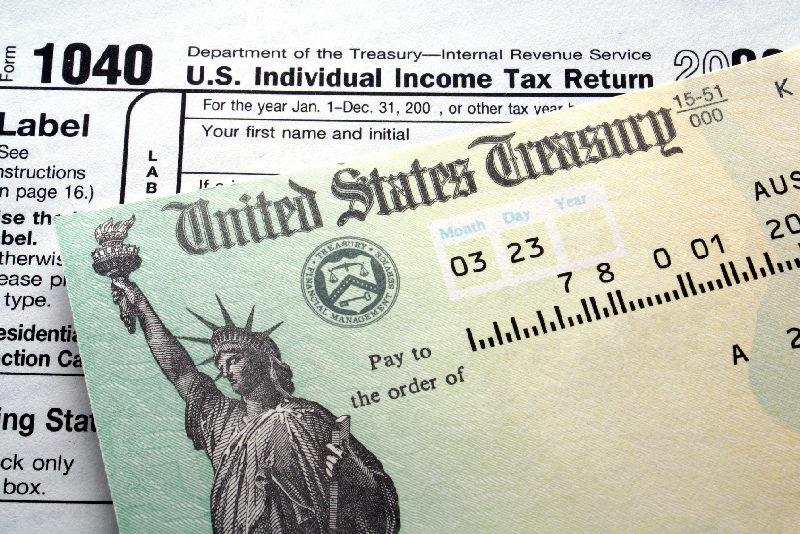BROWSE BY TOPIC
- Bad Brokers
- Compliance Concepts
- Investor Protection
- Investments - Unsuitable
- Investments - Strategies
- Investments - Private
- Features/Scandals
- Companies
- Technology/Internet
- Rules & Regulations
- Crimes
- Investments
- Bad Advisors
- Boiler Rooms
- Hirings/Transitions
- Terminations/Cost Cutting
- Regulators
- Wall Street News
- General News
- Donald Trump & Co.
- Lawsuits/Arbitrations
- Regulatory Sanctions
- Big Banks
- People
TRENDING TAGS
Stories of Interest
- Sarah ten Siethoff is New Associate Director of SEC Investment Management Rulemaking Office
- Catherine Keating Appointed CEO of BNY Mellon Wealth Management
- Credit Suisse to Pay $47Mn to Resolve DOJ Asia Probe
- SEC Chair Clayton Goes 'Hat in Hand' Before Congress on 2019 Budget Request
- SEC's Opening Remarks to the Elder Justice Coordinating Council
- Massachusetts Jury Convicts CA Attorney of Securities Fraud
- Deutsche Bank Says 3 Senior Investment Bankers to Leave Firm
- World’s Biggest Hedge Fund Reportedly ‘Bearish On Financial Assets’
- SEC Fines Constant Contact, Popular Email Marketer, for Overstating Subscriber Numbers
- SocGen Agrees to Pay $1.3 Billion to End Libya, Libor Probes
- Cryptocurrency Exchange Bitfinex Briefly Halts Trading After Cyber Attack
- SEC Names Valerie Szczepanik Senior Advisor for Digital Assets and Innovation
- SEC Modernizes Delivery of Fund Reports, Seeks Public Feedback on Improving Fund Disclosure
- NYSE Says SEC Plan to Limit Exchange Rebates Would Hurt Investors
- Deutsche Bank faces another challenge with Fed stress test
- Former JPMorgan Broker Files racial discrimination suit against company
- $3.3Mn Winning Bid for Lunch with Warren Buffett
- Julie Erhardt is SEC's New Acting Chief Risk Officer
- Chyhe Becker is SEC's New Acting Chief Economist, Acting Director of Economic and Risk Analysis Division
- Getting a Handle on Virtual Currencies - FINRA
ABOUT FINANCIALISH
We seek to provide information, insights and direction that may enable the Financial Community to effectively and efficiently operate in a regulatory risk-free environment by curating content from all over the web.
Stay Informed with the latest fanancialish news.
SUBSCRIBE FOR
NEWSLETTERS & ALERTS
Free Tax-Return Services - What's the Catch?
Credit Karma has attracted 60 million users over the past decade by offering free credit information. Now the fintech upstart is hoping to attract millions more via free tax-return preparation.
U.S. taxpayers this year can use a new Credit Karma unit to complete their returns online for no cost - even if they don’t give the company permission to use their data for other purposes. The company says the service can handle more than 8 dozen federal forms and be used to prepare most state returns as well.
SF-based Credit Karma is the latest entrant in a field of tax-preparation services that already includes Intuit’s TurboTax, H&R Block and Blucora’s TaxAct. To enter the tax-prep field, the company bought a tax-software firm for an undisclosed sum.
Credit Karma says its tax service doesn’t charge online customers any fees at all. Currently some customers of other firms pay a fee while others don’t, but users attracted by free offers can wind up paying fees if they opt for add-on services or upgrades.
HOW CREDIT KARMA WOULD USE USER INFORMATION. Credit Karma’s approach differs from that of rivals, in that it seeks to collect income and other data from its tax-prep users to make recommendations for credit cards and other financial products to them. Credit Karma doesn’t charge for these solicitations and says it doesn’t share personal information or sell it to 3rd parties. Instead, the 3rd-party firms pay Credit Karma if the member applies for and receives a product through its site.
To use Credit Karma Tax this year, people will need first to become members of Credit Karma. That means providing certain information, including address, date of birth, mobile phone number and the last 4 digits of a Social Security Number.
Prospective users should also be aware that the program can’t yet import data - so it must be entered manually.
Recent Credit Karma filers Mike Zaccardi and Rosylen Mangohig say they didn’t realize they could deny the company the use of their return data and still file their taxes using it. A company spokeswoman says this information is clearly stated on the site.
- Ms. Mangohig, who is 41 years old and works as an administrator at a medical clinic in Oakland, Calif., says she was pleased with how Credit Karma Tax functioned and found that it gave her the same tax totals as an H&R Block tax program.
- But she wasn’t pleased when she soon received a notice from her credit-card company asking her to update her income. “I don’t want financial companies to know my income and try to sell me products based on it,” she said. She deactivated her Credit Karma account.
- The spokeswoman for Credit Karma says the request Ms. Mangohig received had nothing to do with her Credit Karma membership.
- Mr. Zaccardi, a 29-year-old energy trader in Jacksonville, Fla., says he is happy to have Credit Karma have his tax information: “I’m careful with my credit, and I’m happy with their products. I want to get those offers.”





